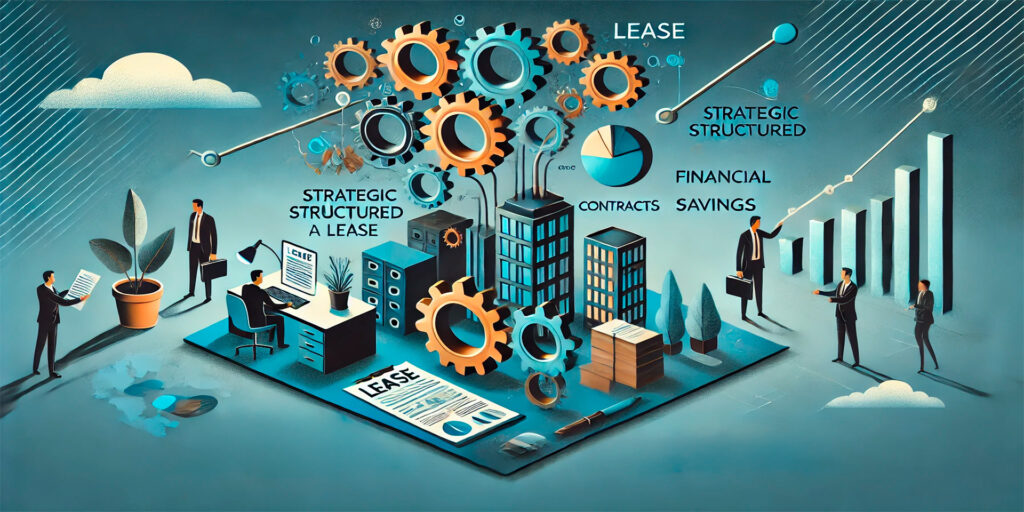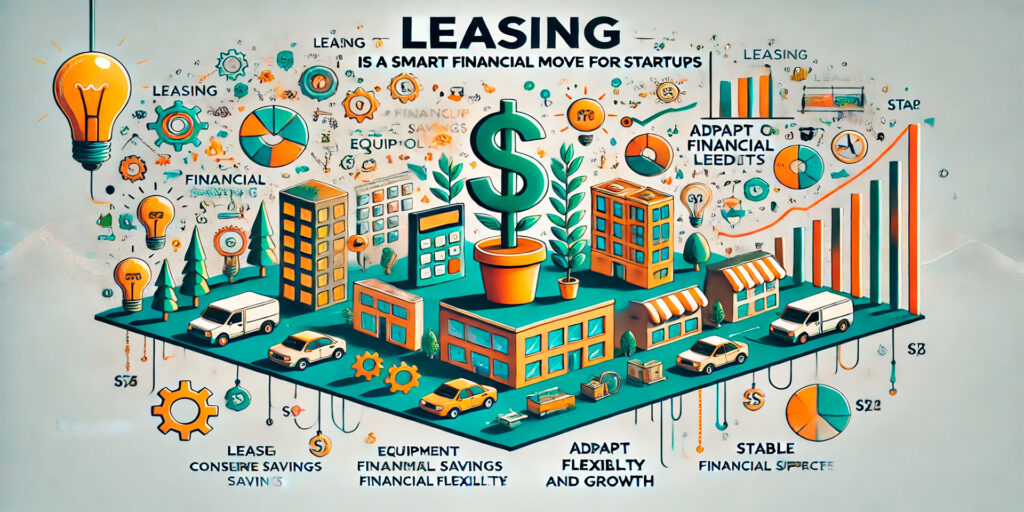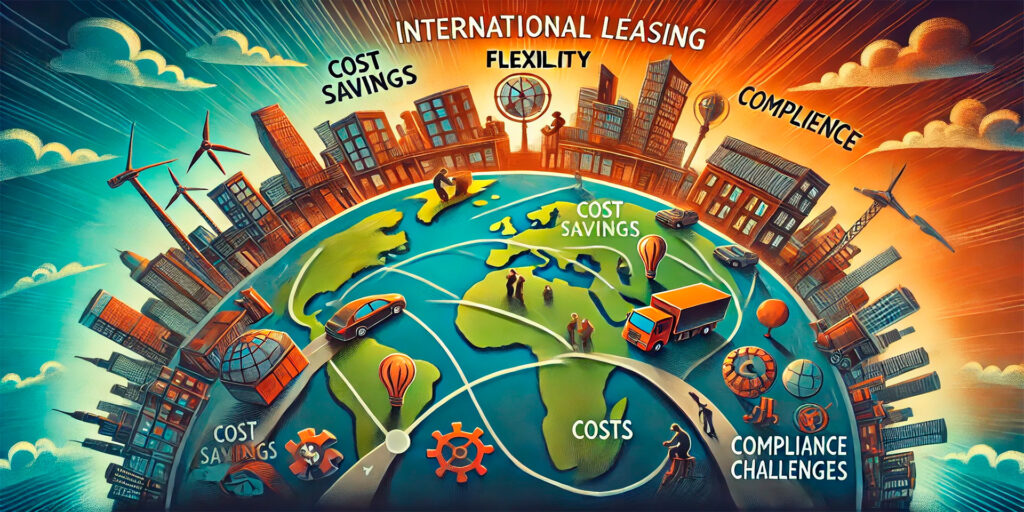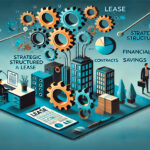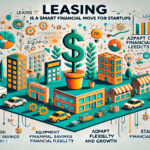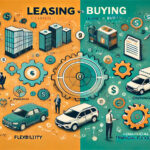For many businesses, acquiring equipment or property is a significant decision that requires careful financial planning. While purchasing outright may seem like the most straightforward option, leasing can offer several advantages that make it a more attractive choice, depending on your business’s needs and financial situation. Leasing allows companies to access the latest technology, maintain cash flow, and enjoy greater flexibility without the large upfront costs associated with buying.
This article explores why leasing might be the better option for your business and how it can help you stay competitive and financially nimble.
Lower Upfront Costs
One of the most appealing aspects of leasing is the significantly lower upfront costs compared to purchasing. When buying equipment or property, businesses must often pay a large lump sum or take out a loan, which can strain cash reserves. Leasing, on the other hand, spreads the cost over time, turning what would be a major expense into manageable monthly payments.
For businesses looking to preserve capital, leasing offers an affordable way to access the assets they need without depleting cash flow. This can be particularly important for startups or small businesses that may not have the financial flexibility to make large purchases.
By keeping upfront costs low, leasing allows businesses to allocate their capital to other critical areas, such as marketing, hiring, or research and development, helping them grow without taking on additional debt.

Access to the Latest Technology
In industries where technology evolves rapidly, owning equipment can become a disadvantage. Businesses that purchase expensive machinery, computers, or software may find themselves stuck with outdated technology within a few years. Leasing solves this problem by allowing companies to upgrade to the latest models at the end of the lease term.
Leasing agreements often include the option to upgrade or replace equipment regularly, ensuring that businesses always have access to cutting-edge technology. This is particularly important in sectors like healthcare, construction, and IT, where technological advancements can directly impact productivity and competitiveness.
For example, a construction company leasing heavy machinery can upgrade to newer, more efficient models every few years without worrying about the resale value of outdated equipment. This flexibility helps businesses stay agile and responsive to market demands.
Improved Cash Flow Management
Cash flow management is crucial for maintaining business operations, especially in unpredictable economic environments. Leasing provides businesses with the advantage of predictable, fixed monthly payments, making it easier to manage budgets and forecast future expenses.
By avoiding large upfront purchases, businesses can maintain a steady cash flow, ensuring they have the liquidity to cover day-to-day operating expenses. This is particularly important for companies that need to invest in other areas of their business, such as expansion, product development, or marketing initiatives.
With leasing, businesses can better control their finances, knowing exactly how much they’ll be spending each month on equipment or property, allowing them to plan more effectively for the future.

Flexibility for Changing Business Needs
Leasing provides businesses with greater flexibility to adapt to changing needs. Unlike buying, which ties a company to a specific asset for the long term, leasing offers the flexibility to return or upgrade equipment as business conditions evolve. This is especially beneficial for businesses that experience fluctuations in demand or need to scale their operations quickly.
For example, a business that experiences seasonal spikes in demand may only need certain equipment for part of the year. Leasing allows them to use the equipment for the necessary period and return it when it’s no longer needed, avoiding the costs associated with owning and maintaining equipment that isn’t in constant use.
This flexibility also extends to leasing property. Businesses that are expanding into new markets or experimenting with new locations may prefer leasing office or retail space rather than committing to a long-term property purchase.
Tax Benefits of Leasing
Leasing can offer tax advantages for businesses, as lease payments are often considered operating expenses and can be deducted from taxable income. This can reduce a company’s overall tax liability, making leasing a more financially advantageous option compared to purchasing, where only depreciation and interest on loans may be tax-deductible.
Additionally, because leasing typically doesn’t involve owning the asset, businesses can avoid paying property taxes or sales taxes associated with ownership. The specific tax benefits of leasing will depend on local tax regulations, so it’s important for businesses to consult with a tax advisor to understand the potential advantages.
Reduced Maintenance and Repair Costs
Another benefit of leasing is that maintenance and repair responsibilities often fall on the lessor. This can be a significant advantage for businesses that use equipment prone to wear and tear, such as construction machinery or manufacturing tools. Leasing agreements typically include maintenance services, reducing the financial burden on the business and ensuring that the equipment remains in optimal working condition.
For businesses, this means fewer unexpected expenses and less downtime due to equipment breakdowns. By leasing, companies can focus on their core operations without worrying about managing the upkeep of owned assets.
Conclusion
Leasing offers numerous advantages over buying, including lower upfront costs, access to the latest technology, improved cash flow management, and greater flexibility. For businesses that want to remain agile and competitive, leasing can provide the financial and operational benefits needed to adapt to changing market conditions and ensure long-term success. Whether your business is looking to acquire new equipment or expand into new markets, leasing could be the right choice to help you achieve your goals.


